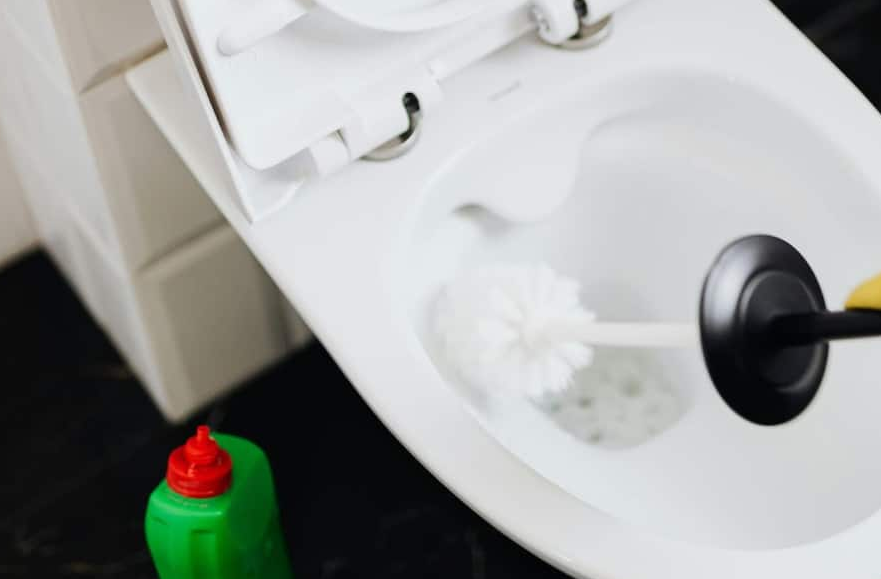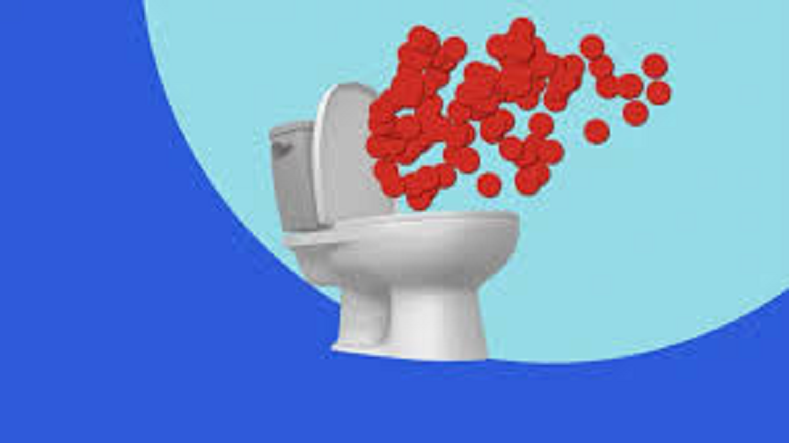Why Poop Floats: Does your poop keep floating in the commode despite repeated flushing? How does it reveal health secrets?
- bySherya
- 13 Nov, 2025

Stool health signs: Sometimes, even after flushing, stool doesn't go in. It's normal for this to happen occasionally, but if it happens repeatedly, you need to be careful.

Why does poop keep floating in the toilet?
Floating poop causes: Have you ever noticed that your stool sometimes floats in the toilet instead of sinking? If yes, then it is completely normal. Many people notice this and wonder if it is a problem. Actually, how your stool behaves in the toilet can reveal some things related to your digestion. Generally, stool settles down because it weighs more than water. But sometimes, excess gas is formed in it, or the fat in it is not digested properly, due to which it becomes lighter and starts floating.
Occasional bowel movements aren't harmful. This often happens after eating high-fiber foods, lentils, chickpeas, kidney beans, cabbage, and gas-producing foods like soda. However, if your stool floats frequently, becomes excessively sticky, has a strong odor, or is accompanied by abdominal discomfort, it could be a sign of a digestive problem, such as malabsorption. Let's explain what this indicates.
What factors determine whether stool will float or sink?
Normal, healthy stool usually goes down the toilet. It contains water, undigested food, bacteria, and a little fat. Therefore, it is heavier than water. However, when excess gas builds up or fat is undigested, it becomes lighter and floats. One study found that floating stools are more common in people with IBS, especially those who experience both constipation and diarrhea.
Common causes of floating stools
In most cases, there's no need for concern. The culprits are dietary habits, including gas-producing foods like kidney beans, chickpeas, lentils, cabbage, broccoli, and soda. Second, eating too much fiber, which can make stools lighter if you suddenly increase it, and third, eating too much oily food. Sometimes, eating too much fat can also cause stools to float. These are all temporary causes and resolve on their own after some time.
When is there a need to worry?
If the stool is floating frequently and is accompanied by symptoms such as excessive stickiness or smoothness of the stool, foul smell, abdominal pain, and weight loss, then this could be a sign of improper digestion of nutrients.
- Fat intolerance – stools are oily, sticky, and very smelly.
- Carbohydrate intolerance – stools become loose, soft, or bloated.
Sometimes, due to celiac disease, Crohn's disease, intestinal infection, or bacterial growth, the body is unable to absorb food properly.






